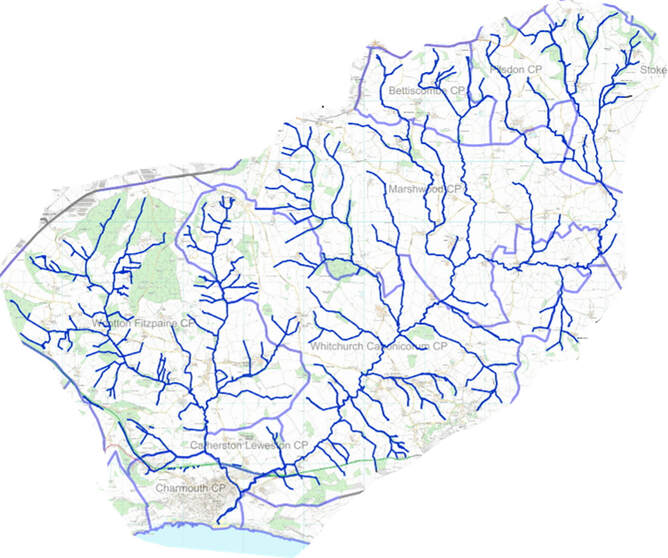River Char Community Project
River Char Community Project
|
Is my river fit to play in? Check the online map at the Rivers Trust
Watch BBC Panorama'a 'The River Pollution Scandal' (In 2020 the water companies pumped raw sewage into English rivers for a total of over 3million hours) Read The Guardian's article - Britain oozes sewage |


